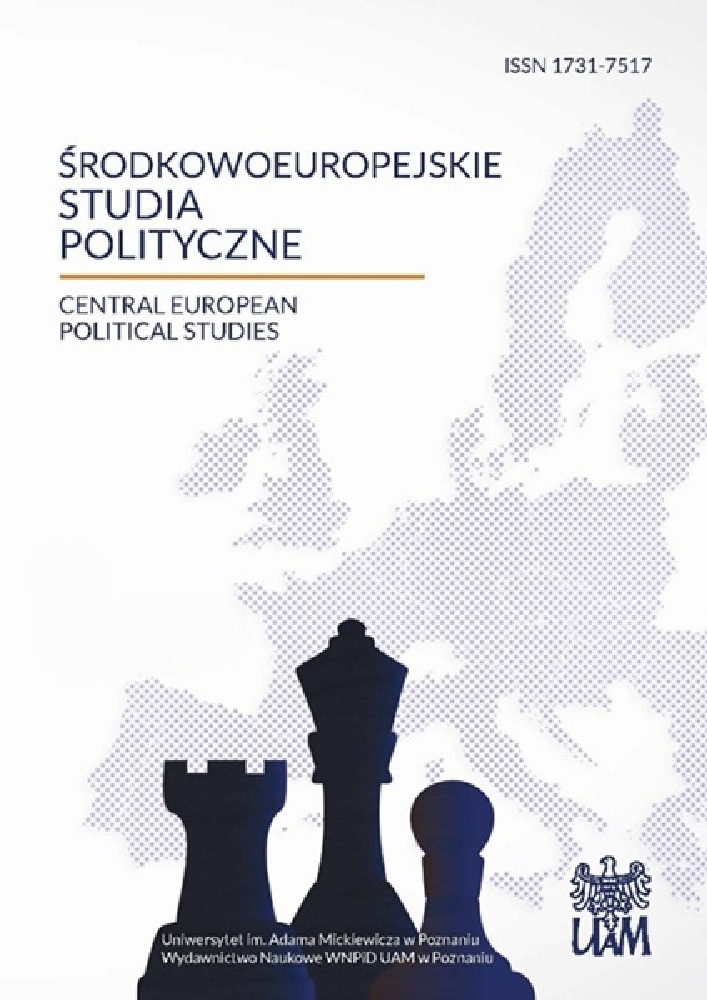Abstrakt
On July 22, 2010 the International Court of Justice issued an Advisory opinion to determine the issue of accordance with international law of the unilateral declaration of independence in respect of Kosovo. The opinion of the ICS has evoked comments both from representatives of the states that have recognized Kosovo and from those that have resolutely opposed the independence of the new state. This analysis attempts to assess the opinion issued by the International Court of Justice, and to answer the question of the outcomes of this Advisory opinion for the future of Kosovo and its status in the international arena. Although the motion of the UN General Assembly for an Advisory opinion to be issued intended to clarify this matter of dispute and ultimately settle the way in which the ‘Kosovo issue’ was to be treated, the Advisory opinion eventually submitted has actually strengthened different states in their convictions. The states that did recognize Kosovo have obtained a legal argument to confirm that ther activity was legal and to allow them to reject the accusations that their recognition of Kosovo was premature. These states claim that because the declaration of independence conforms to international law and that as Kosovo meets the requirements of state structures striving for international approval, there is no justification for refusing to recognize this state. This is because states should avail of such recognition in good faith and respect for international law. The states assuming an opposite standpoint in the discussion on the ‘Kosovo issue’ refer to the principle of the voluntary character of recognition, following from international law. Recognition is optional and no state can be forced to recognize another state internationally.
Licencja
Copyright
© 2010, Uniwersytet im. Adama Mickiewicza w Poznaniu, Wydawnictwo Naukowe Instytutu Nauk Politycznych i Dziennikarstwa
OPEN ACCESS
